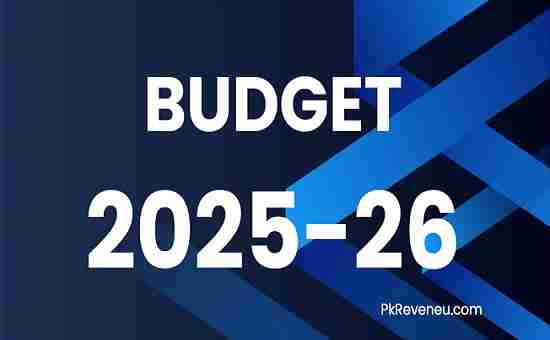Dhaka, June 3, 2025 — The government of Bangladesh has presented its national budget for the 2025–26 fiscal year, totaling 7.90 trillion taka (approximately 65 billion U.S. dollars).
This marks the first budget proposal under the interim administration led by Nobel laureate Muhammad Yunus, with Finance Adviser Salehuddin Ahmed delivering the announcement via a pre-recorded televised address.
In a notable departure from tradition, the budget for 2025–26 is smaller than the previous fiscal year’s allocation. “This year’s budget is somewhat exceptional,” said Ahmed. “For the first time in Bangladesh’s history, we are proposing a reduced budget, shifting from a purely growth-centric approach to one that prioritizes holistic development.”
Ahmed explained that the new financial blueprint puts people at the center of economic planning, with increased investment in sectors such as health, education, employment, civic facilities, and good governance. The adviser emphasized that physical infrastructure development alone is insufficient without guaranteeing citizens’ fundamental rights and a dignified standard of living.
The interim government has projected a 5.5 percent GDP growth rate for the upcoming fiscal year, despite ongoing global and regional economic challenges. The budget aims to contain inflation at 6.5 percent and maintain the fiscal deficit below five percent of GDP. These targets reflect a cautious but steady economic trajectory, tailored to Bangladesh’s current realities.
Due to the absence of a sitting National Parliament, the proposed budget will be implemented through a presidential ordinance. This unique arrangement underscores the transitional nature of the current administration and the efforts to maintain governance continuity.
Key focus areas of the budget include improving public services, promoting social equity, and ensuring long-term sustainability. The government also aims to strengthen environmental protections and reduce income disparities, laying the groundwork for inclusive growth.
As Bangladesh navigates a period of political transition, the 2025–26 budget is being viewed as a blueprint for responsible governance that emphasizes human development alongside economic stability.
